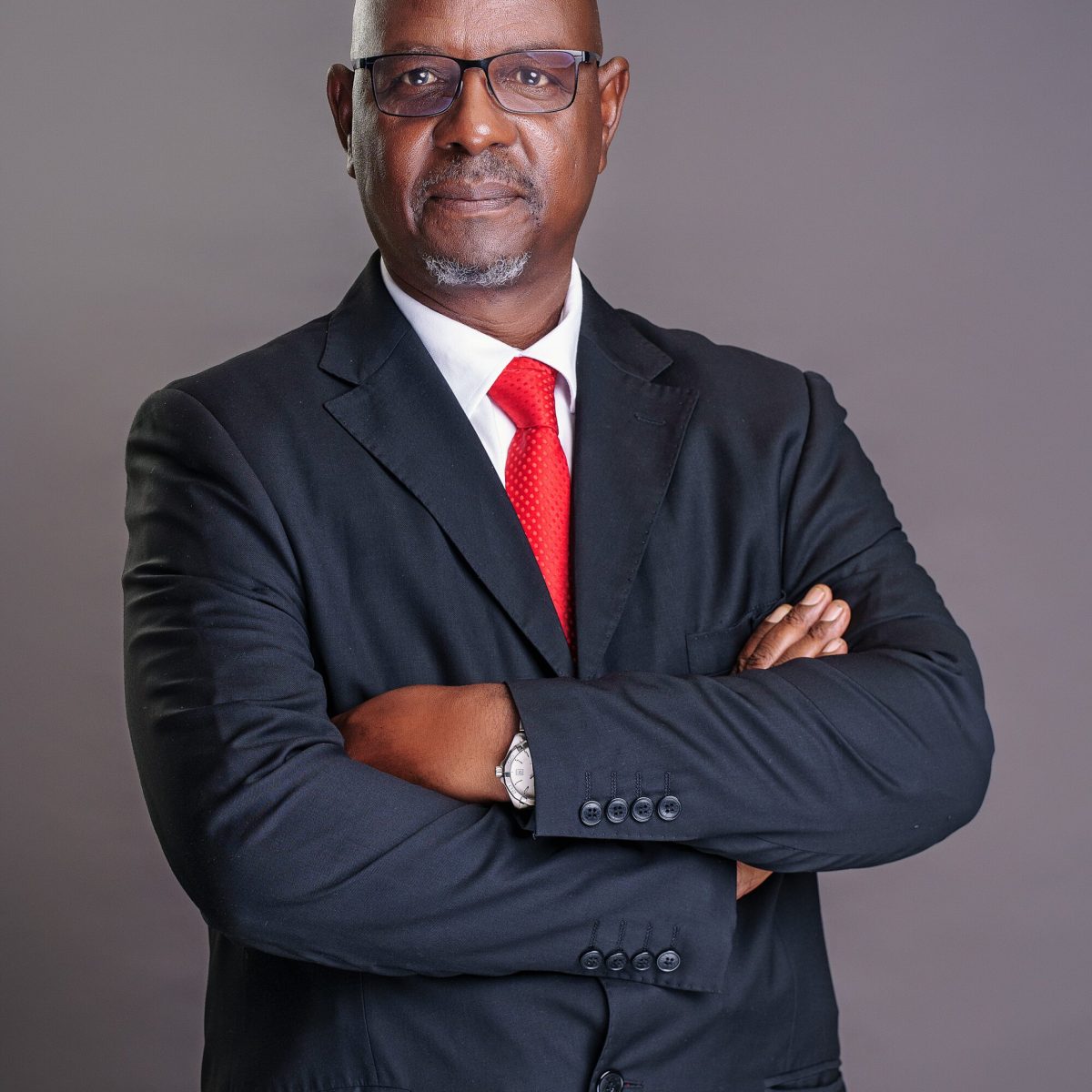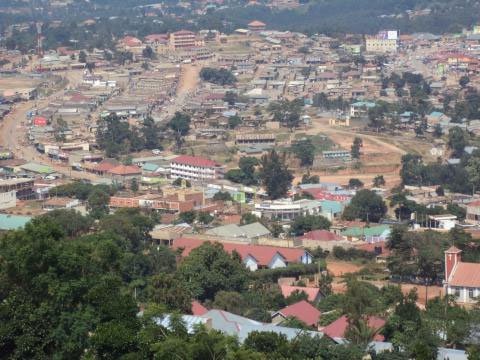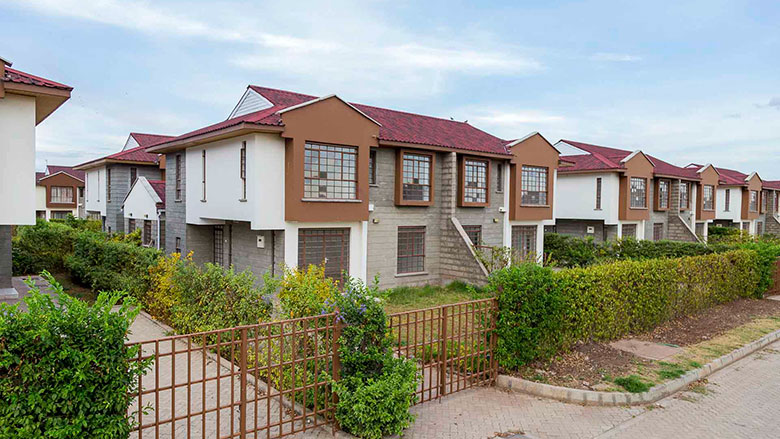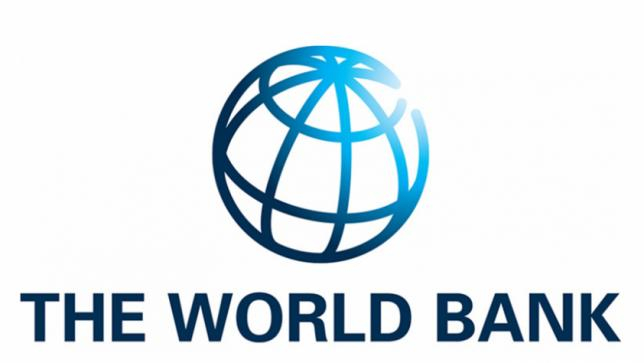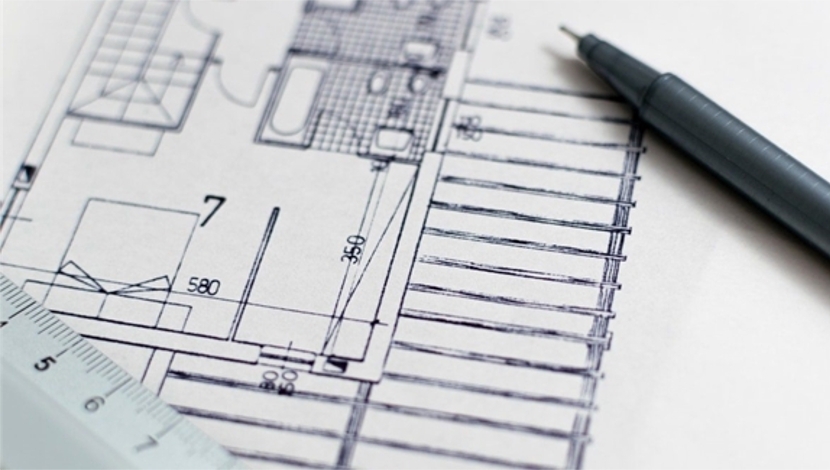

Building plan tariffs in Nelson Mandela Bay are expected to remain the same for the next five years after the World Bank and South Africa’s national Treasury found the city had the most expensive fees in the country during an audit last year.
Human settlements boss Nolwandle Gqiba said on Monday, 15 January, that in an attempt to gain a competitive edge, the metro would not increase its building plan tariffs. However, this meant the city could lose out on much-needed revenue.
Residents hoping to build in Bay townships could also expect some relief as the city would do away with its blanket approach and instead offer lower construction plan fees in previously disadvantaged areas.
The tariffs would remain unchanged for five years while the municipality evaluated the impact on revenue collection. The moratorium will come into effect immediately after it is agreed upon by the majority of councillors in the council. The human settlements standing committee will debate the matter today.
Gqiba said the city had been found to be the most effective in turnaround time, but also had the highest building plan tariffs.
“We want to keep our tariffs stagnant until the rest of the country catches up with us, until our tariffs are reasonable for property developers and ratepayers,” she said. Gqiba said they would ask the council to allow them to keep the tariffs stagnant as decreasing them would go against legislation.
“We are concerned about the loss of revenue because everything, including inflation, is increasing between 3% and 4% but we are keeping our tariffs constant,” she said.
The city had also lost spending power as it was a slow-growing city. As such, she said, it could not afford to have inefficient systems and costly services otherwise investors would choose other cities.
“We want to be the first choice and preference for investors.”
Property developers have welcomed the proposed recommendations. Cohen Construction and Project Management managing director Aaron Cohen said the decision meant his company would sell more houses.
“If building plans are cheaper, we don’t have to increase the price of the houses we are selling,” he said. “It will mean a lot for our company if the municipality keeps the tariffs the same.”
Cohen said in the last year his business had spent more than R1m on building plan fees. “If the costs are down the housing market is definitely going to benefit,” he said.
“Every year building material and land prices go up, but if there are aspects that remain the same, we will have a saving and more people will be able to afford houses.”
The Eastern Cape Institute of Architects’ Neill Kievit said keeping fees stagnant was a positive sign.
“Many of us represent developers from the city and outside the city,” he said. “It would be very positive [on the part] of the municipality because they have said they want the city to be developer friendly.
“If the metro is taking steps to do what was said in the past and attract investors, then this is a meaningful step in that direction.”
Kievit also applauded the municipality for efficiency, saying it took two weeks to get building plans approved and this was a good turnaround time.
More news
- CELEBRATING EXCELLENCE IN THE RESIDENTIAL PROPERTY SECTOR
- PART 4: GIBS PANEL DISCUSSES INTEMEDIATE CITIES ROLE IN AFRICA’S DEVELOPMENT
- EXPOSED AGGREGATE PAVERS COMPLEMENT NEW LIFESTYLE CENTRE
- GIBS PANEL EXPLORES ROLE OF INTERMEDIATE CITIES IN SA’S DEVELOPMENT PART 3
- CITI-CON’S CONCRETE KNOWLEDGE SUCCESSFULLY DEPLOYED ON NEW LANDMARK DEVELOPMENT

